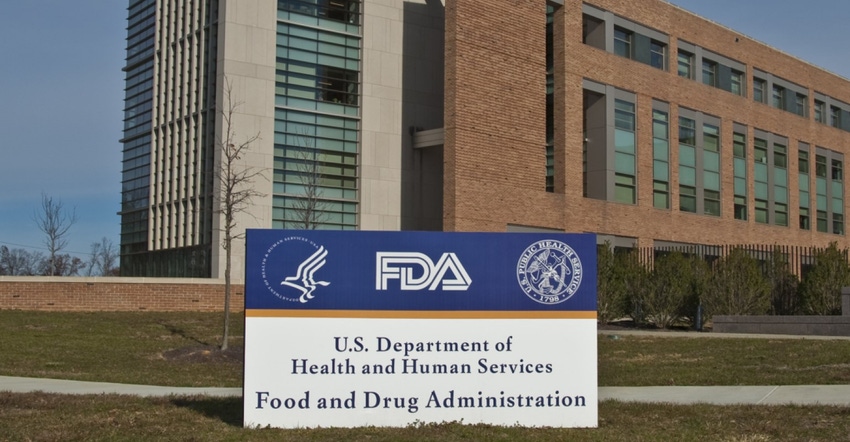The manufacturing regulations have been on the books for nine years, but FDA is still finding basic failures, INSIDER learned.

For a number of years, FDA inspectors have continued to observe dietary supplement firms commit the same egregious violations of manufacturing regulations. Unfortunately, fiscal year 2015 was no different.
Nearly 19 percent of dietary supplement firms that were cited by inspectors for violations of the cGMPs (current good manufacturing practices) allegedly failed to set specifications for the identity, purity, strength and composition of the finished product, INSIDER learned through a Freedom of Information Act (FOIA) request. About 16 percent of firms that were issued a document for violations of cGMPs, or 46 total inspections, failed to verify the identity of a dietary ingredient through an appropriate test or exam, according to the FDA data.
Other common violations of the 9-year-old cGMPs related to batch production records (15.30 percent), written procedures for quality control (QC) operations (13.88 percent) and written master manufacturing records (MMRs, 11.03 percent).
“We’re still seeing observations that are the basics of a GMP system—that is failure to have finished product specs, failure to do identity testing [and failure to have written procedures for quality control]," said Cara Welch, Ph.D., senior advisor to the Office of Dietary Supplement Programs, in a phone interview. “These are serious issues, and the agency is concerned."
…
FY15 cGMP inspections: 483
Reinspections: 63
Form 483s issued: 281
Total observations: 1,437
Average number of observations: 5.1
Most common observation: failure to establish product specifications
Dietary supplement facilities registered with FDA: 12,964
Source: FDA
…

.png?width=700&auto=webp&quality=80&disable=upscale)
About the Author(s)
You May Also Like






.png?width=800&auto=webp&quality=80&disable=upscale)